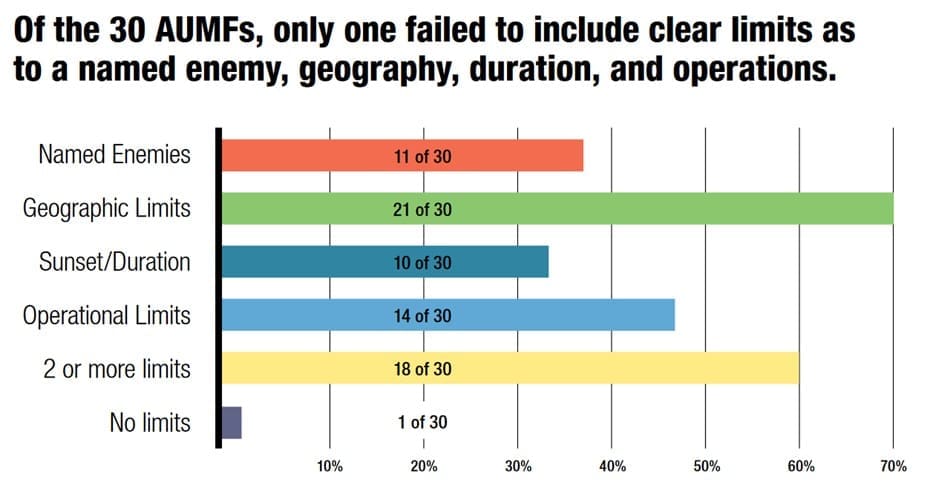A group of more than 60 legislators introduced critical new legislation to restore U.S. funding for UNRWA – the U.N. agency that’s leading aid operations in Gaza.
Despite the unprecedented humanitarian crisis facing Palestinians, Congress and the Biden administration halted all funding for UNRWA after Israel alleged that a dozen of its 13,000 employees in Gaza may have been involved in Hamas’s October 7 attacks.
UNRWA has taken sweeping steps to respond to the allegations. All other nations that suspended funding have since resumed their aid. But even as millions of Palestinians continue to face starvation, disease, and relentless bombardment, all U.S. funding for UNRWA’s relief efforts remains cut off.
The UNRWA Funding Emergency Restoration Act (H.R. 9649), led by Representatives Andre Carson (IN-7), Pramila Jayapal (WA-7), and Jan Schakowsky (IL-9), provides Congress with a critical opportunity to right this wrong.
As FCNL’s Bridget Moix said, continuing to deprive UNRWA of direly needed funds is “simply unconscionable,” given our government’s complicity in the war that created this humanitarian crisis.
At a press conference on Thursday with House members and advocates, FCNL’s Hassan El-Tayyab stressed UNRWA’s indispensable role in getting aid to those in dire need.
“Let’s be clear. There is no replacement for UNRWA. It’s the backbone of all aid delivery,” he said. “Continuing to block U.S. funding is cruel and unusual punishment.”
This bill is not just a matter of policy. Ultimately, it’s about honoring a “basic and inalienable truth,” said Mara Kronenfeld, UNRWA USA executive director. “That the people of Palestine are human beings, just like all of us, and all lives are sacred, not just some.”
As Madeleine Cereghino of the Jewish peace organization, Americans for Peace Now, said Thursday, it comes down to simple but profound question:
“Are we willing to let two million people continue to face starvation because of the actions of a few?”
If you say the answer is no, you’re not alone. And we need your help to get this bill across the finish line.
Elsewhere
Unchecked War
This week, FCNL published a report shedding light on how the 2001 Authorization for Use of Military Force (AUMF) has become a blank check for endless wars across the world. Due to Congress’ failure to include clear limits, successive presidential administrations have drastically expanded its scope. As a result, the president — not Congress — is increasingly determining who the United States goes to war with.
This resource provides an overview of all AUMFs passed throughout the U.S. history and the specific limits placed on them by Congress.

International Day of Peace
September 21 is the International Day of Peace, a day dedicated to non-violence and universal ceasefire. In her reflection on this day, FCNL’s Bridget Moix writes about how it offers “all of us the opportunity to reflect and recommit ourselves to building a culture of peace, in our communities, across the country and around the world.”
Following her visit to South Africa for the Friends World Committee for Consultation World Plenary, Bridget writes about the spirit of ubuntu – “a deeply held belief of sub-Saharan African origin that ‘I am because we are’” – and the implications this has as we build a culture of peace. Together we can build the world we seek and reach a world free from war and the threat of war.
New on FCNL
- Former FCNL program assistant Bri Tollie wrote about her experience organizing a symposium for violence interrupters from across the country. She says it “reinforced my identity as a community organizer and deepened my understanding of intentionally facilitating collective action.”
- We published maps with the new Census data we featured last week on the 10 poorest and the 10 hungriest states in the U.S.


